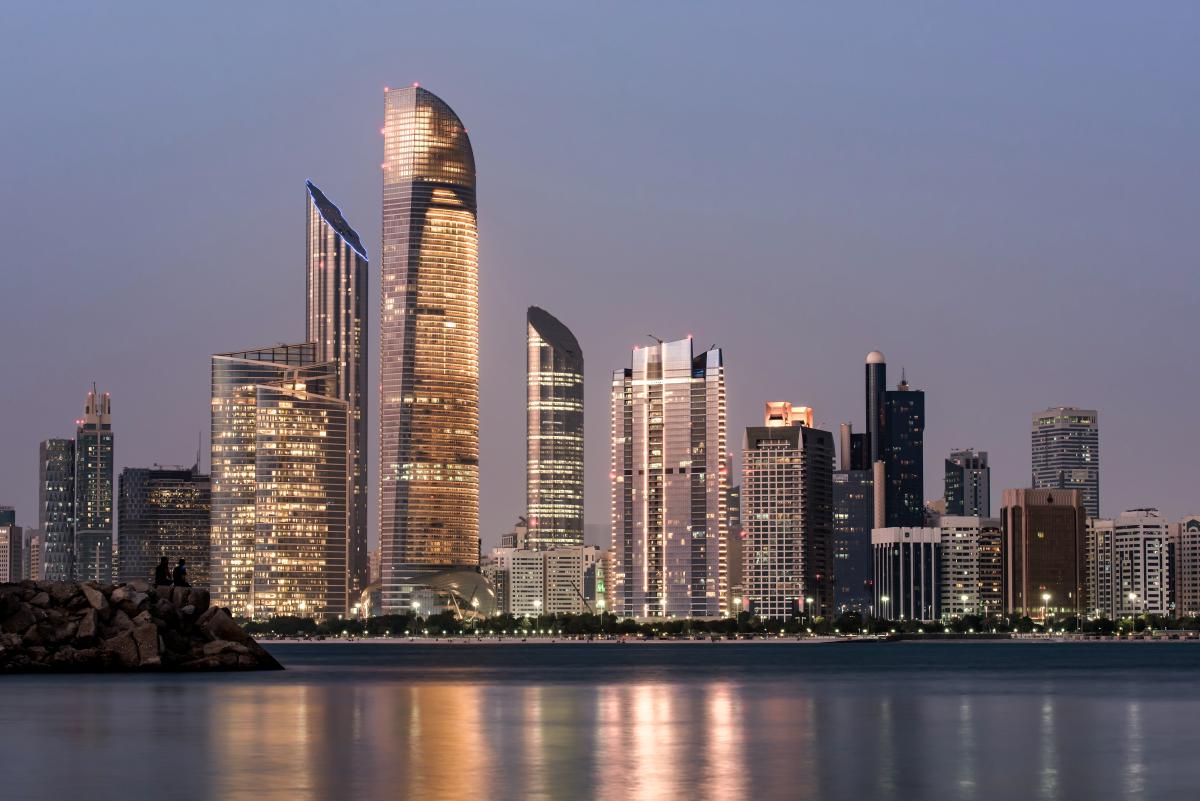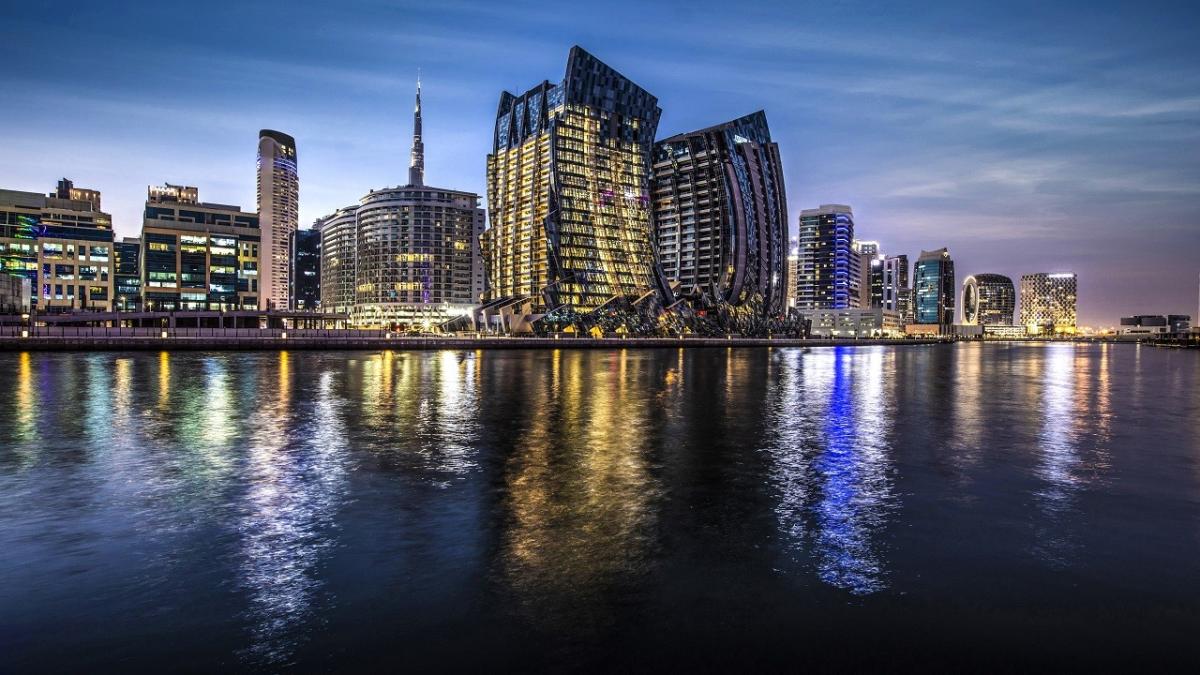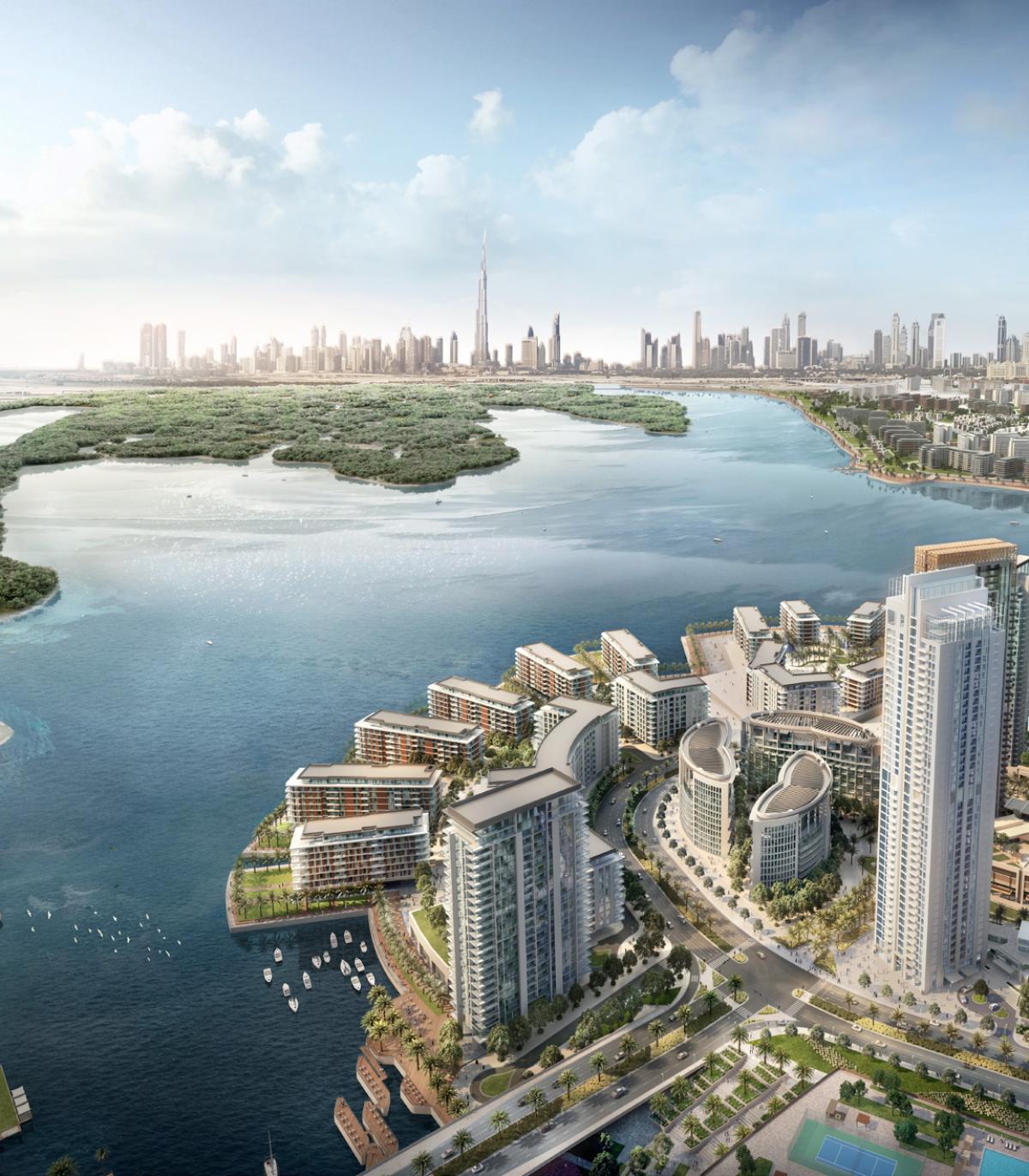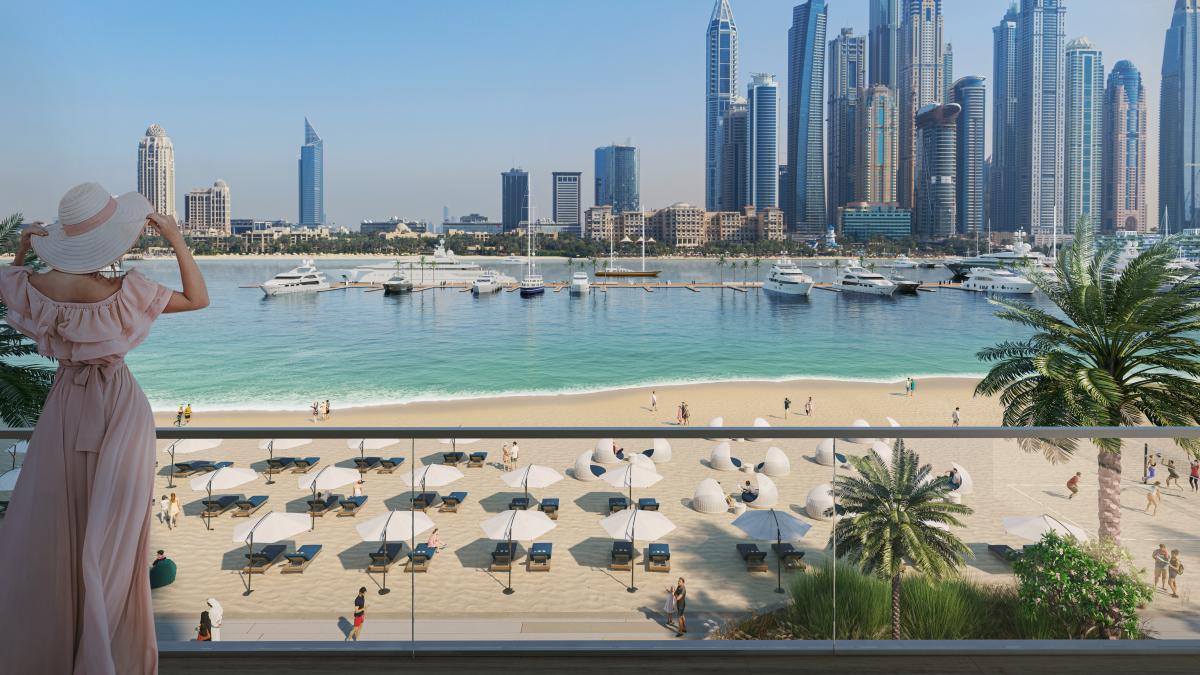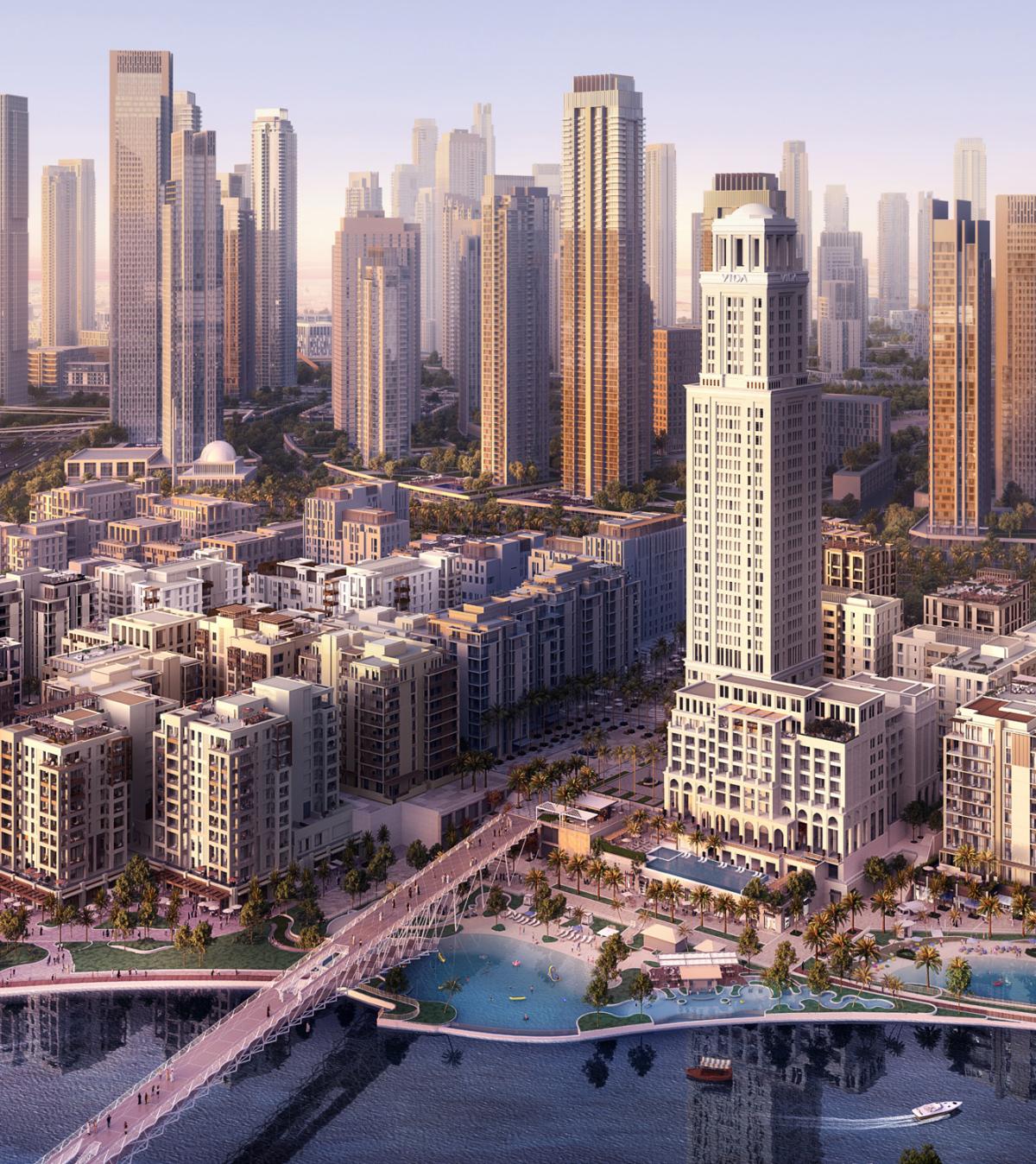Dubai has established itself as one of the most sought-after real estate markets in the world. Over the past few decades, the city has evolved from a small trading post into a global metropolis known for its iconic skyline, luxury lifestyle, and modern infrastructure. With its tax-free environment, year-round sunshine, and impressive portfolio of developments, Dubai has become a hotspot for investors, residents, and second-home buyers alike. But who exactly is buying in Dubai and why? Here's a closer look at the key demographics and their motivations.
1. International Investors
Dubai's real estate market has long attracted foreign investors due to its stable economy, strategic location, and strong legal protections. In recent years, there has been a notable increase in international interest, with buyers coming from regions like Europe, the GCC (Gulf Cooperation Council), India, China, and Russia.
Purpose: Investment and Capital Appreciation
- Many international buyers purchase property in Dubai purely for investment purposes. With no capital gains tax and relatively high rental yields, Dubai offers an attractive proposition for investors seeking to diversify their portfolios. Areas like Dubai Marina, Downtown Dubai, and Palm Jumeirah have become popular among those looking for luxury properties with high potential for long-term growth.
- Dubai’s real estate market also offers a relatively stable environment compared to other global markets. As a result, many investors view it as a haven during periods of geopolitical uncertainty or market volatility.
2. Wealthy Individuals and High-Net-Worth Individuals
The Emirate of Dubai has seen a significant influx of ultra-wealthy individuals, both from within the Gulf region and from around the world. With its tax advantages, luxury offerings, and world-class infrastructure, Dubai appeals to high-net-worth individuals looking for upscale living and business opportunities.
Purpose: Lifestyle and Luxury Living
- Many of these buyers purchase homes in Dubai for a combination of personal use and lifestyle enhancement. Properties on Palm Jumeirah, in the Burj Khalifa, or on exclusive islands like Bluewaters offer unrivaled luxury and a prestigious address. Dubai’s world-class shopping, fine dining, and luxury amenities make it a paradise for the ultra-wealthy.
- Dubai's tax-free environment and ease of doing business have also attracted entrepreneurs and business owners looking to establish a base in a global financial hub, enhancing their lifestyle while pursuing business ventures.
3. Expatriates and Foreign Workers
Dubai’s large expat population is another key driver of the real estate market. Over 80% of Dubai's population is foreign-born, and many of these expatriates seek to buy property in the emirate either as a primary residence or a secondary investment.
Purpose: Personal Residence and Retirement Planning
- Expatriates from countries like India, Pakistan, the Philippines, and other parts of the world are increasingly buying property in Dubai as a permanent or long-term home. The rising demand for affordable housing and mid-range properties has led to the development of communities like Dubai Hills Estate, Jumeirah Village Circle, and Arabian Ranches.
- Additionally, Dubai has become an attractive location for retirees, particularly from Europe and Asia, who appreciate the warm climate, luxurious lifestyle, and high standard of living.
4. Gulf Cooperation Council (GCC) Nationals
The GCC countries (Saudi Arabia, Kuwait, Bahrain, Oman, Qatar, and the UAE) have historically been the largest buyers of property in Dubai. Nationals from these neighboring countries continue to purchase residential and commercial properties in Dubai due to shared cultural ties, economic collaboration, and easy access to the city.
Purpose: Vacation Homes and Investment
- Many GCC nationals buy property in Dubai as second homes or vacation residences. These homes are often located in premium developments, including luxury villas, apartments, and penthouses in prime locations such as Emirates Hills and Palm Jumeirah.
- Additionally, some GCC nationals see Dubai real estate as an opportunity for capital preservation and investment, making it an attractive asset during periods of regional instability.
5. Virtual and Remote Workers
The COVID-19 pandemic reshaped the global work environment, with remote work becoming more common. As a result, Dubai has become a preferred destination for virtual and remote workers, thanks to its modern infrastructure, connectivity, and lifestyle offerings.
Purpose: Flexible Living and Work
- Dubai’s “Virtual Working Program” and other similar initiatives have made it easier for foreign professionals to live and work in the city while maintaining jobs in their home countries. This has led to an increase in the demand for rental properties and long-term stays in the emirate.
- Many virtual and remote workers choose to live in Dubai to enjoy a high quality of life, a diverse international community, and the ability to work from some of the world’s most luxurious properties with scenic views.
6. Tourists and Second-Home Buyers
Dubai's reputation as a global tourism hub has also led to the rise of second-home ownership. Tourists, particularly from Europe, the Middle East, and Russia, have begun purchasing holiday homes in Dubai as part of their long-term investment strategy.
Purpose: Leisure and Vacation
- These buyers typically purchase properties in tourist-friendly areas, like Dubai Marina, Palm Jumeirah, Downtown Dubai, or beachfront communities such as Jumeirah Beach Residences, which offer convenient access to luxury hotels, beaches, and entertainment venues.
- Dubai’s focus on tourism, along with the development of large-scale entertainment projects like Dubai Expo City, makes it an attractive place for vacationers seeking a permanent or semi-permanent residence.
7. Developers and Institutional Buyers
In addition to individual buyers, large-scale developers and institutional investors play a significant role in Dubai’s real estate market. These buyers are typically focused on commercial, residential, or mixed-use developments.
Purpose: Large-Scale Development and Urban Growth
- Major developers such as Emaar, Nakheel, and DAMAC continue to build ambitious projects in Dubai, from luxury skyscrapers to entire planned communities. These developers are responding to the growing demand for both residential and commercial spaces, catering to various segments of the market, from high-end buyers to those looking for affordable housing.
- Institutional investors, including sovereign wealth funds and real estate investment trusts (REITs), are also increasingly focused on Dubai, attracted by its growing economic clout and the city's position as a global business hub.
Conclusion
Dubai's real estate market continues to thrive as a diverse range of buyers with varying motivations seek opportunities in the emirate. From international investors and high-net-worth individuals looking for high returns to expatriates and remote workers seeking a new home or lifestyle, the city’s real estate market has something to offer everyone. With its strategic location, tax-free environment, and impressive developments, Dubai is likely to remain a top destination for buyers from around the world for years to come.
